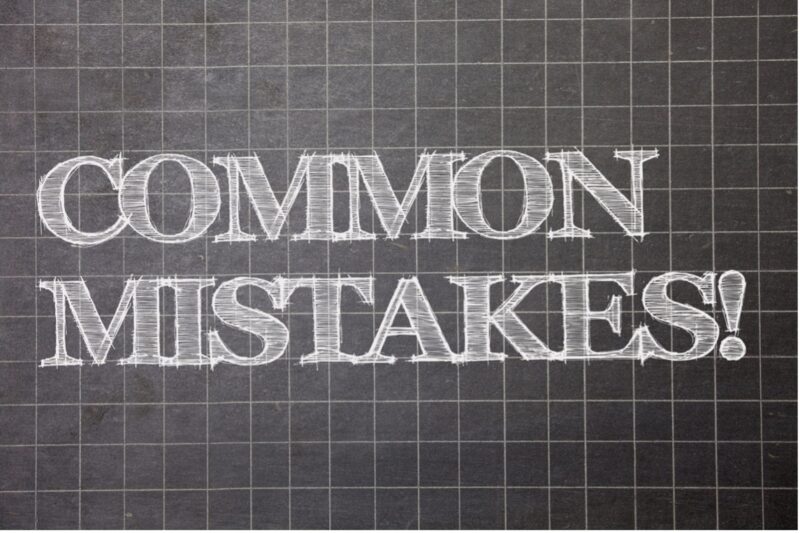Misconception: Having a Will Eliminates the Need for Probate
Many people believe that creating a will means their estate will avoid probate. This is a common misconception, especially in California, where probate laws are particularly detailed and specific.
Understanding Probate
Probate is the legal process by which a deceased person’s will is validated, and their estate is administered. This involves:
- Validating the Will: The court confirms that the will is legally binding.
- Appointing an Executor: The will usually names an executor, but the court must officially appoint them.
- Settling Debts and Taxes: All debts and taxes owed by the estate are paid.
- Distributing Assets: Remaining assets are distributed according to the will.
Why Having a Will Doesn’t Avoid Probate
A will directs how your estate should be handled after death but does not avoid the legal process of probate. Here’s why:
- Court Supervision: Probate ensures that the distribution of the estate is supervised by the court, which helps protect beneficiaries and creditors.
- Public Record: Probate proceedings are public, meaning the contents of your will and details about your estate become public record.
- Costs and Time: Probate can be expensive and time-consuming, often taking several months to years to complete, especially for larger estates.
The California Context
In California, the probate process can be particularly intricate. Estates valued over $166,250 generally must go through probate, and the process can be lengthy and costly due to California’s high property values and complex laws.
Alternatives to Avoid Probate
While a will is crucial, there are other estate planning tools that can help avoid probate:
- Living Trusts: A living trust allows you to place your assets into a trust while you are alive, which are then managed by a trustee for your benefit. Upon your death, the assets can be distributed without going through probate.
- Joint Ownership: Holding assets jointly with the right of survivorship means they pass directly to the co-owner upon death.
- Beneficiary Designations: Certain accounts, like life insurance policies and retirement accounts, allow you to name beneficiaries directly, bypassing probate.
- Transfer-on-Death (TOD) and Payable-on-Death (POD) Designations: These designations can be applied to bank accounts and securities to pass directly to a beneficiary upon death.
When to Seek Professional Help
For estates valued over $1 million, navigating probate and estate planning can become even more complex. High-value estates often involve diverse assets, significant tax implications, and intricate family dynamics.
Von Rock Law Can Help
At Von Rock Law, we specialize in assisting clients with estates over $1 million. Our expertise in California probate law ensures that your estate is managed efficiently, minimizing costs and delays. We offer personalized solutions to help you avoid probate where possible and ensure your wishes are honored.
Conclusion
While having a will is a critical component of your estate plan, it does not eliminate the need for probate. Understanding and preparing for the probate process, and exploring alternatives, can save your loved ones time, money, and stress. For those with significant estates, professional legal assistance is invaluable in navigating these complexities.
Contact Von Rock Law today to ensure your estate is protected and your wishes are fulfilled.




